Home>Gardening & Outdoor>Landscaping Ideas>When Is The Best Time To Water Grass In Hot Weather
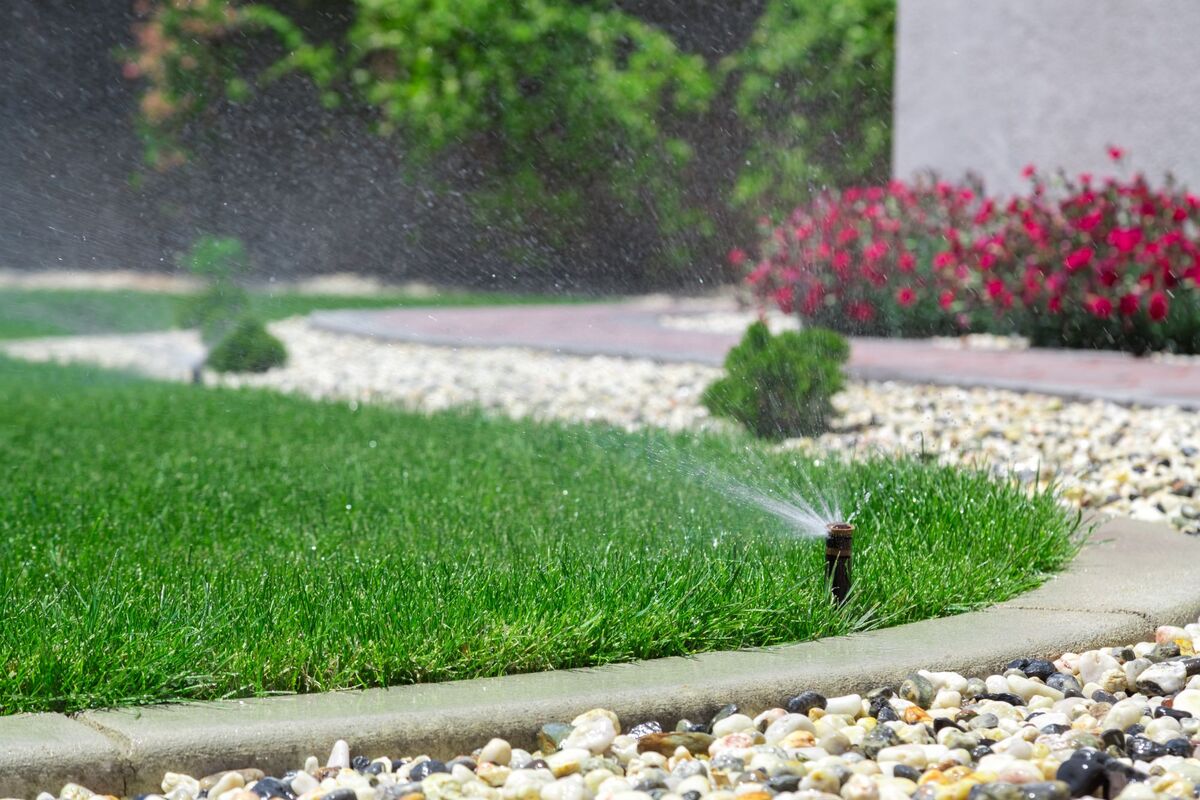

Landscaping Ideas
When Is The Best Time To Water Grass In Hot Weather
Modified: October 18, 2024
Discover the best time to water grass in hot weather for a lush, healthy lawn. Get expert landscaping ideas to keep your yard thriving.
(Many of the links in this article redirect to a specific reviewed product. Your purchase of these products through affiliate links helps to generate commission for Storables.com, at no extra cost. Learn more)
Introduction
When the scorching heat of summer arrives, maintaining a lush, green lawn becomes a challenging task. One of the most crucial aspects of lawn care during hot weather is ensuring that the grass receives adequate water. However, determining the best time to water your grass in hot weather is essential for the health and vitality of your lawn. In this article, we will explore the optimal timing for watering your grass, taking into account various factors that influence the watering needs of grass in hot weather. By understanding these key considerations and implementing best practices, you can effectively nourish your lawn and promote its resilience in the face of intense summer heat.
Key Takeaways:
- Water your grass in the early morning before 10 a.m. to help it absorb moisture before the intense heat kicks in, promoting a healthy and resilient lawn during hot weather.
- Aim for deep and infrequent watering, about 1-1.5 inches per week, to encourage strong root growth and make your grass more resistant to drought, ensuring a lush and vibrant lawn.
Read more: When Is The Best Time To Plant Landscaping
Understanding the Watering Needs of Grass in Hot Weather
Grass, like all living organisms, relies on water to survive and thrive. In hot weather, the watering needs of grass become even more critical as the relentless sun and high temperatures can quickly deplete the moisture in the soil. Understanding the specific requirements of your grass during this time is essential for maintaining its health and vibrancy.
During hot weather, grass experiences increased transpiration, the process by which water is drawn up from the roots and evaporates from the leaves. This heightened transpiration rate means that grass requires more water to compensate for the loss of moisture. Additionally, the lack of rainfall and the drying effects of the sun further contribute to the depletion of soil moisture, making regular watering a necessity.
It’s important to note that different grass species have varying tolerances to heat and drought. Warm-season grasses such as Bermuda grass, Zoysia grass, and St. Augustine grass are more adapted to hot weather and can withstand periods of drought better than cool-season grasses like Kentucky bluegrass and fescue. Understanding the specific type of grass in your lawn will help you tailor your watering practices to meet its unique needs.
Moreover, the condition of the soil also plays a crucial role in determining the watering requirements of grass in hot weather. Soil composition, drainage, and organic matter content influence the soil’s ability to retain moisture and deliver it to the grass’s root system. Sandy soils drain water more rapidly and may require more frequent watering, while clay soils retain water for longer periods but can become compacted, hindering water absorption. By considering these soil characteristics, you can make informed decisions about when and how to water your grass effectively.
Factors to Consider When Watering Grass in Hot Weather
When determining the best time to water your grass in hot weather, several factors come into play, each influencing the effectiveness of your watering efforts. By taking these factors into account, you can optimize your lawn watering schedule to ensure that your grass receives the moisture it needs to thrive even in the most sweltering conditions.
- Time of Day: The timing of your watering sessions significantly impacts the grass’s ability to absorb moisture. It is generally recommended to water your lawn during the early morning hours, ideally before 10 a.m. This allows the grass to absorb the water before the intense midday heat and reduces the risk of evaporation. Watering in the evening is discouraged as it can create prolonged moisture on the grass, potentially leading to fungal diseases.
- Frequency of Watering: In hot weather, the frequency of watering is crucial. It’s better to water deeply and infrequently rather than frequently with light watering. Deep watering encourages the grass roots to grow deeper into the soil, promoting a stronger and more drought-resistant lawn. Aim for about 1-1.5 inches of water per week, including rainfall.
- Soil Moisture Level: Monitoring the moisture level of the soil is essential for efficient watering. You can use a soil moisture meter to gauge the moisture content and determine when it’s time to water. Additionally, observing the grass for signs of drought stress, such as wilting or a bluish-gray hue, can indicate the need for watering.
- Grass Type: Different grass species have varying watering needs. Warm-season grasses are more resilient to hot weather and require less water compared to cool-season grasses. Understanding the specific type of grass in your lawn will help you tailor your watering schedule accordingly.
- Local Water Restrictions: Be mindful of any local water restrictions or guidelines when planning your lawn watering schedule. Adhering to these regulations not only conserves water but also ensures compliance with local ordinances.
By considering these factors and incorporating them into your lawn care routine, you can effectively address the watering needs of your grass in hot weather, promoting a healthy and vibrant lawn despite the challenges posed by the summer heat.
Water your grass in the early morning or late evening to avoid evaporation in hot weather. This allows the water to penetrate the soil and reach the roots, keeping your grass healthy.
Best Practices for Watering Grass in Hot Weather
Effective watering practices are essential for maintaining a thriving lawn during hot weather. By following best practices, you can ensure that your grass receives the optimal amount of moisture to withstand the heat and remain lush and green. Implementing the following guidelines will help you make the most of your watering efforts and promote the overall health of your lawn.
- Early Morning Watering: As mentioned earlier, watering your lawn in the early morning, preferably before 10 a.m., allows the grass to absorb the moisture before the sun’s intensity increases. This timing minimizes water loss due to evaporation and provides the grass with the hydration it needs to endure the day’s heat.
- Deep and Infrequent Watering: Instead of frequent, light watering, aim for deep and infrequent watering sessions. This encourages the grass roots to grow deeper into the soil, making them more resilient to drought conditions. Providing about 1-1.5 inches of water per week, including rainfall, is generally sufficient to sustain healthy grass during hot weather.
- Use of Irrigation Systems: Consider utilizing irrigation systems such as sprinklers or soaker hoses to ensure even water distribution across the lawn. Properly calibrated and maintained irrigation systems can efficiently deliver water to the grass, promoting uniform growth and minimizing water wastage.
- Monitor Soil Moisture: Regularly check the moisture level of the soil to gauge when it’s time to water. Utilize a soil moisture meter or simply observe the grass for signs of drought stress, adjusting your watering schedule accordingly to meet the grass’s needs.
- Observe Local Water Restrictions: Stay informed about any local water restrictions or guidelines and adhere to them when planning your lawn watering schedule. Complying with these regulations not only conserves water but also demonstrates responsible environmental stewardship.
- Grass-Specific Watering: Tailor your watering practices to suit the specific type of grass in your lawn. Warm-season grasses generally require less water and are more adapted to hot weather, while cool-season grasses may need additional hydration to thrive in such conditions.
By incorporating these best practices into your lawn care routine, you can effectively address the watering needs of your grass in hot weather, fostering a resilient and visually appealing lawn that can withstand the challenges of summer heat.
Conclusion
Ensuring that your grass receives adequate water during hot weather is paramount to maintaining a healthy and vibrant lawn. By understanding the unique watering needs of grass in hot weather and considering various factors such as the time of day, frequency of watering, soil moisture level, grass type, and local water restrictions, you can develop a tailored watering schedule that promotes the resilience and vitality of your lawn.
Implementing best practices, such as early morning watering, deep and infrequent watering, the use of efficient irrigation systems, and grass-specific watering, will enable you to optimize your watering efforts and conserve water while nurturing your lawn. By adhering to these guidelines, you can mitigate the impact of intense summer heat on your grass, fostering a lush and resilient lawn that enhances the beauty of your outdoor space.
Ultimately, the best time to water your grass in hot weather is during the early morning hours, allowing the grass to absorb the moisture before the sun’s intensity peaks. By prioritizing the health and hydration of your grass, you can cultivate a verdant and inviting lawn that withstands the rigors of hot weather and remains a source of pride and enjoyment for you and your family.
With a proactive approach to lawn watering and a keen understanding of the factors influencing the watering needs of grass in hot weather, you can nurture a thriving and resilient lawn that flourishes even in the face of scorching summer temperatures.
Frequently Asked Questions about When Is The Best Time To Water Grass In Hot Weather
Was this page helpful?
At Storables.com, we guarantee accurate and reliable information. Our content, validated by Expert Board Contributors, is crafted following stringent Editorial Policies. We're committed to providing you with well-researched, expert-backed insights for all your informational needs.
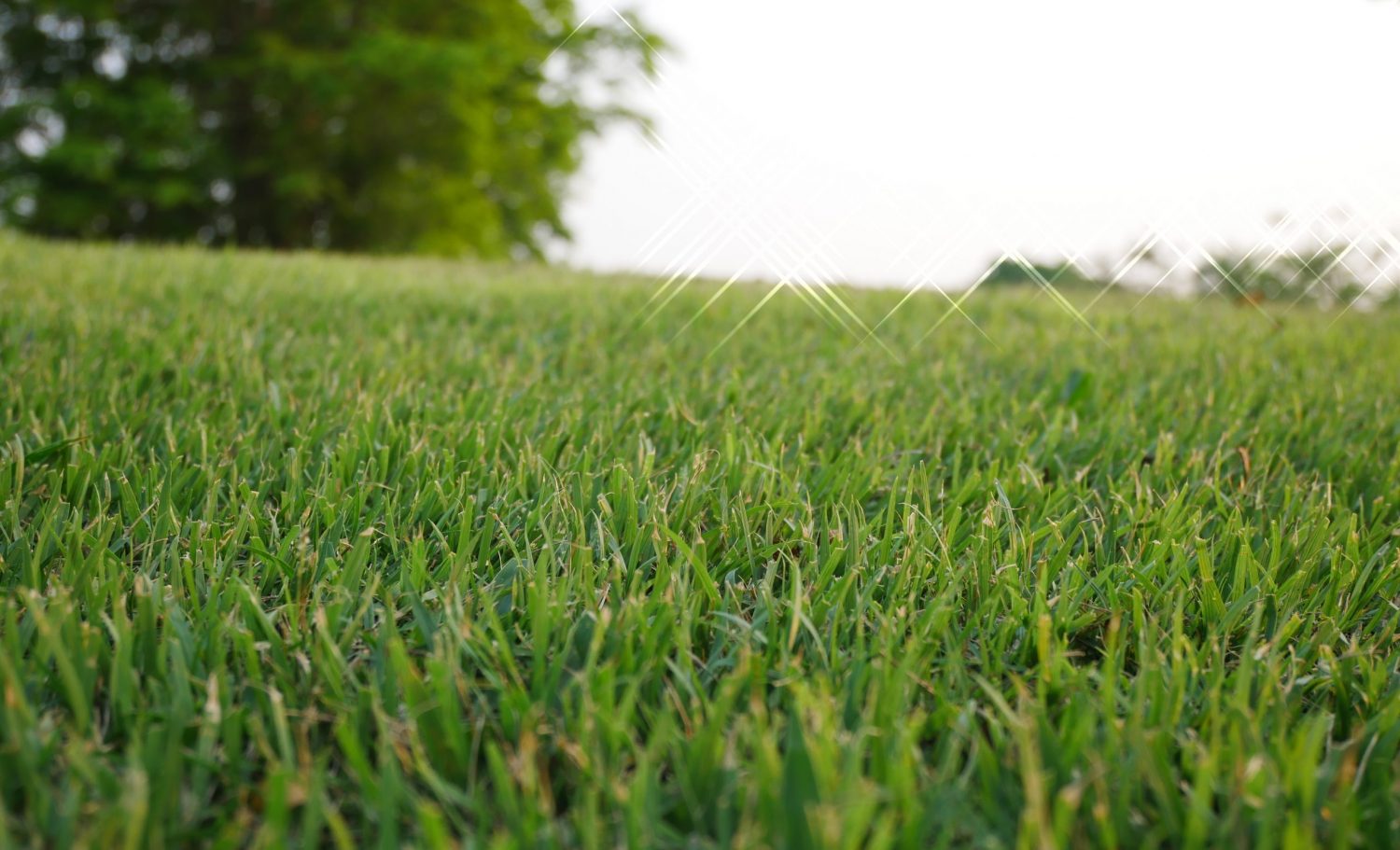

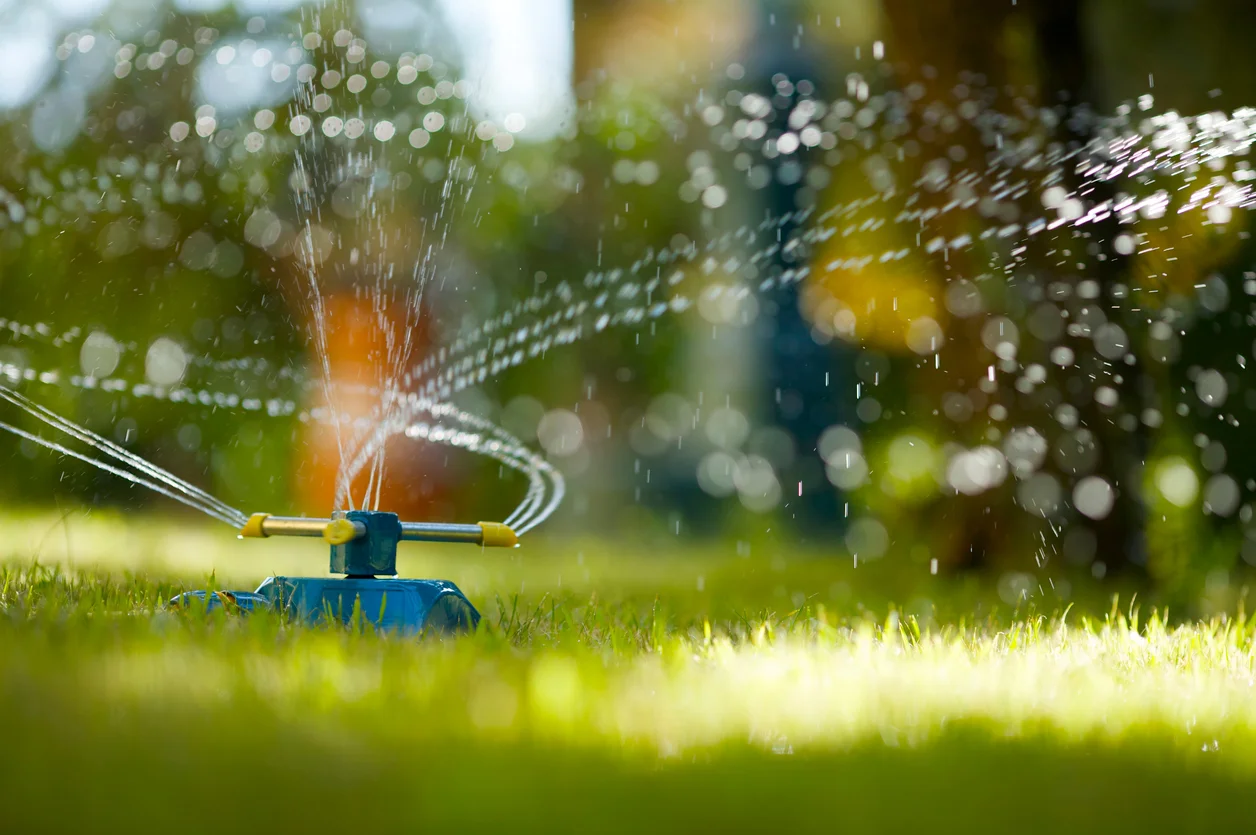
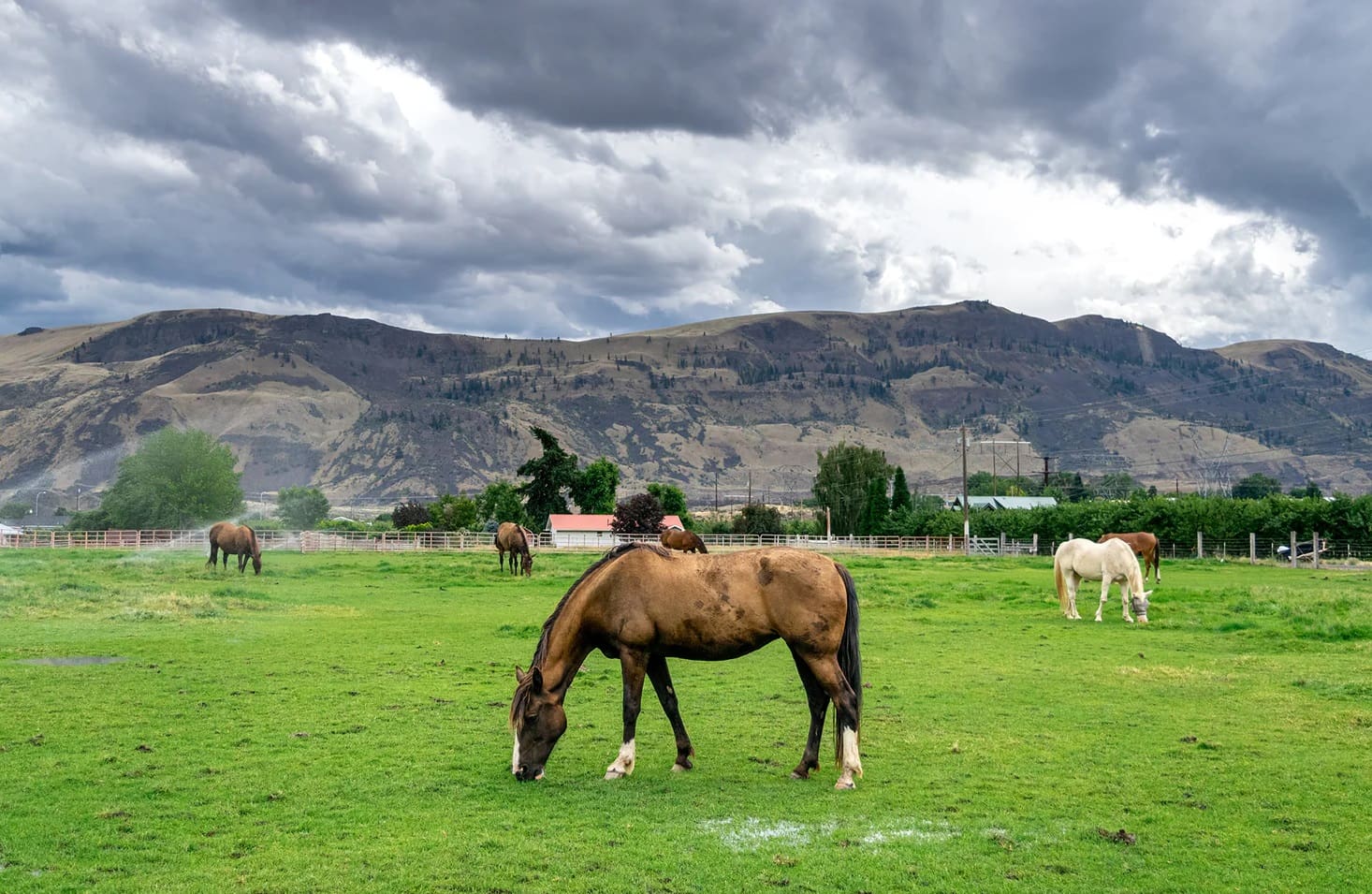
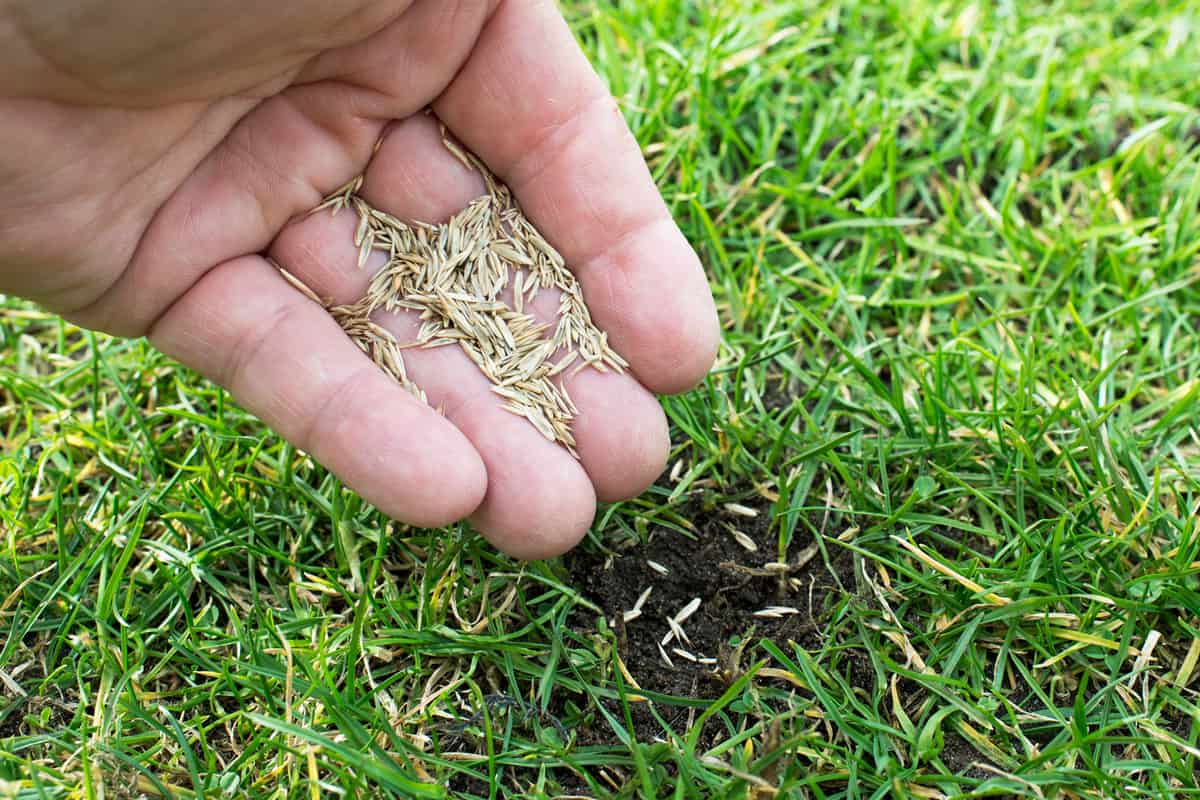
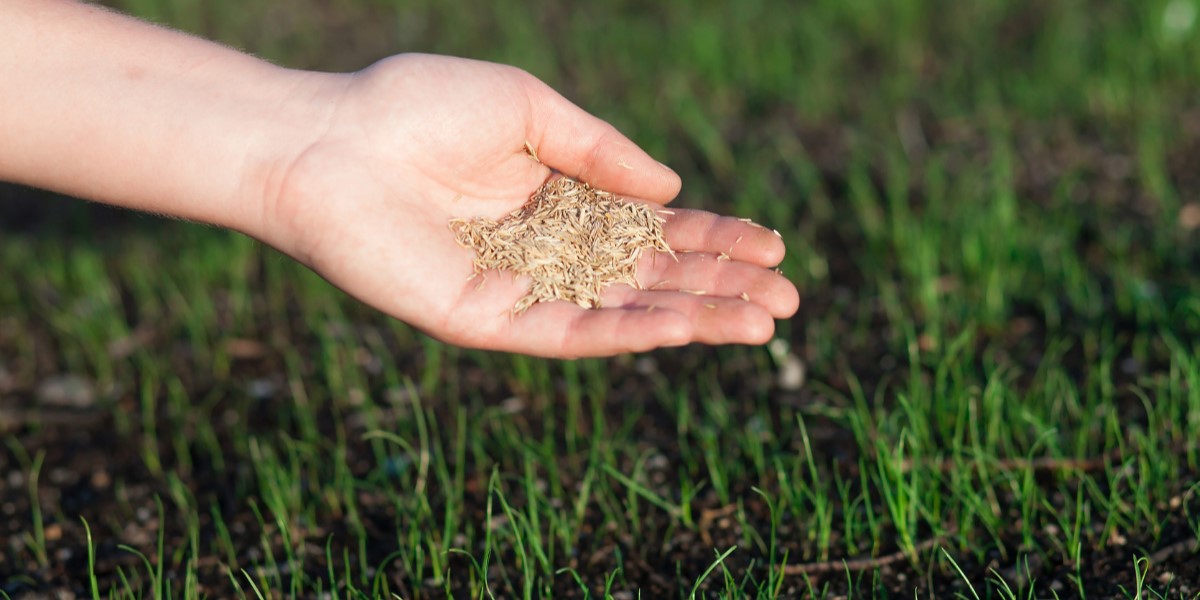
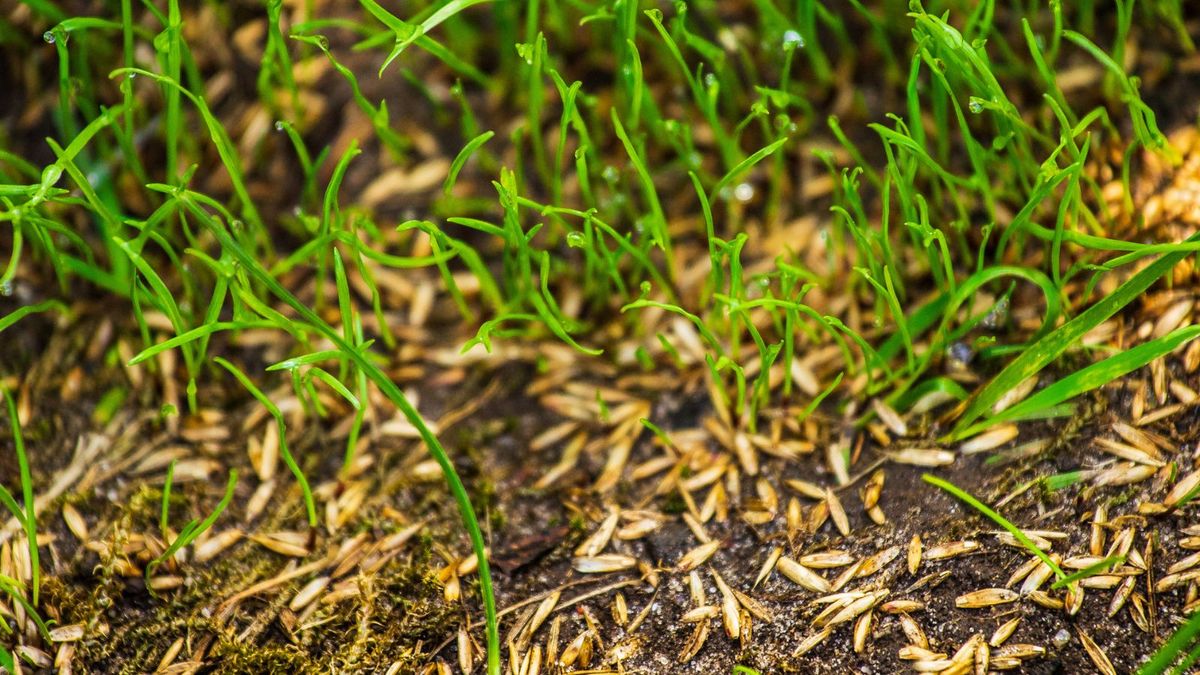
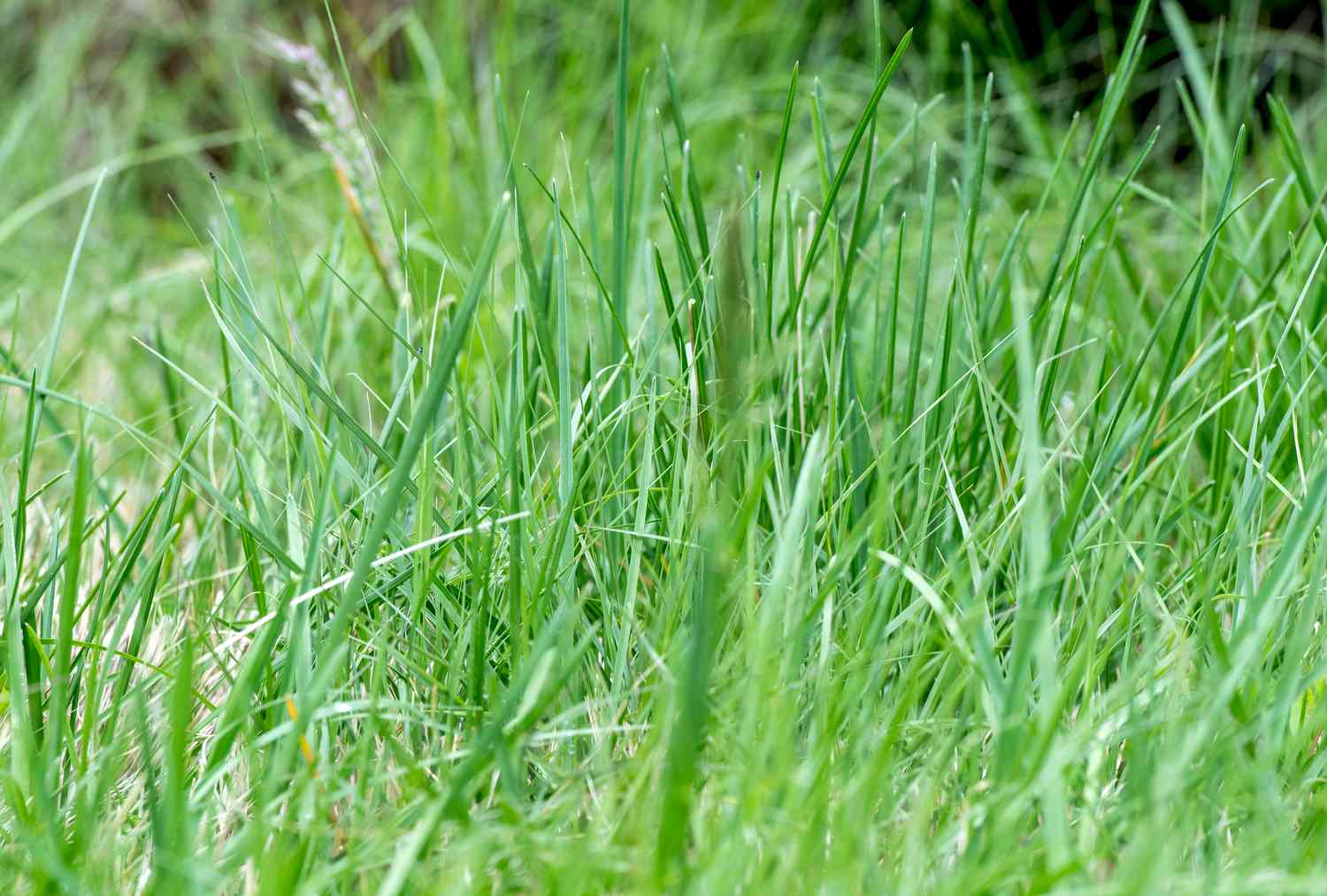
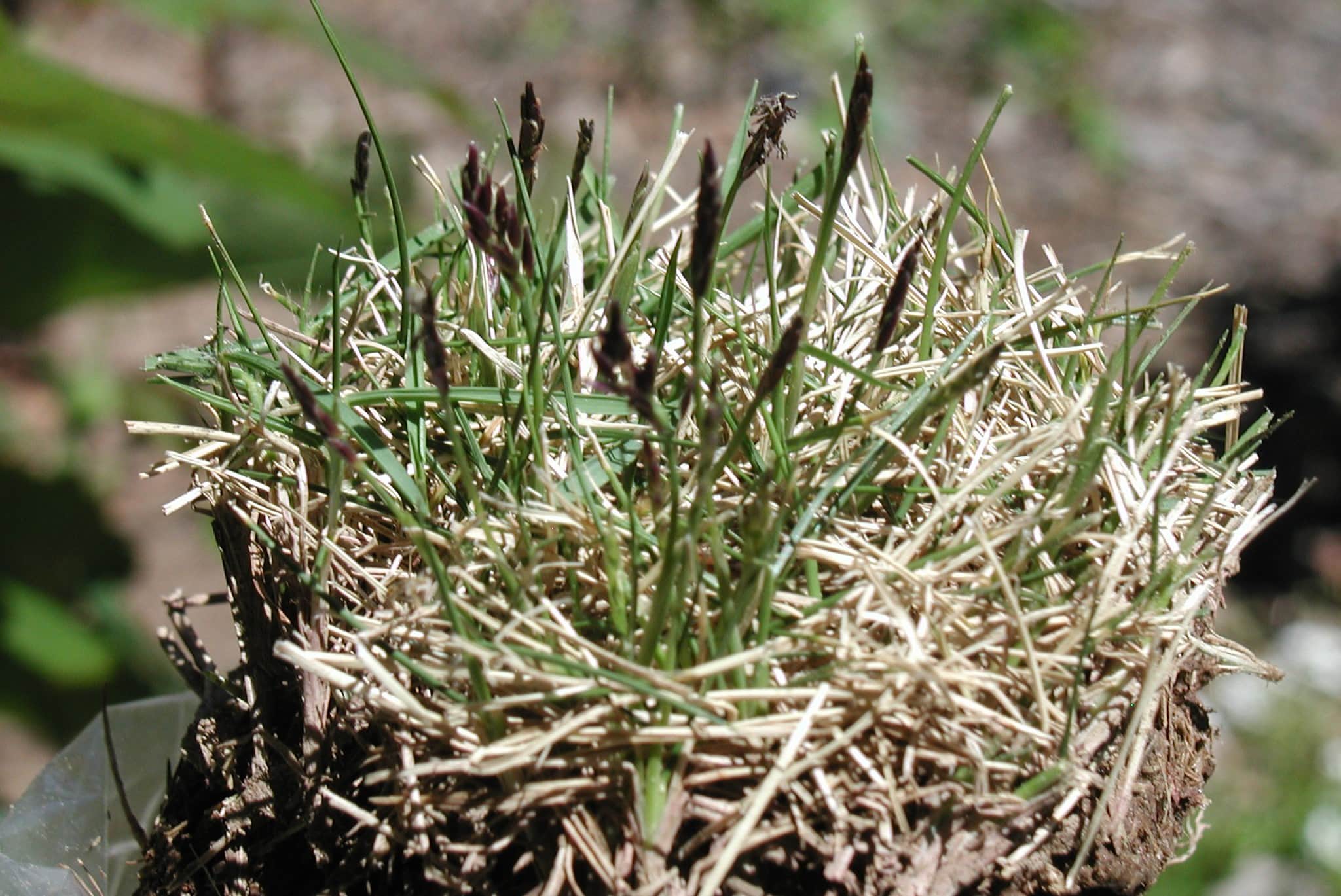

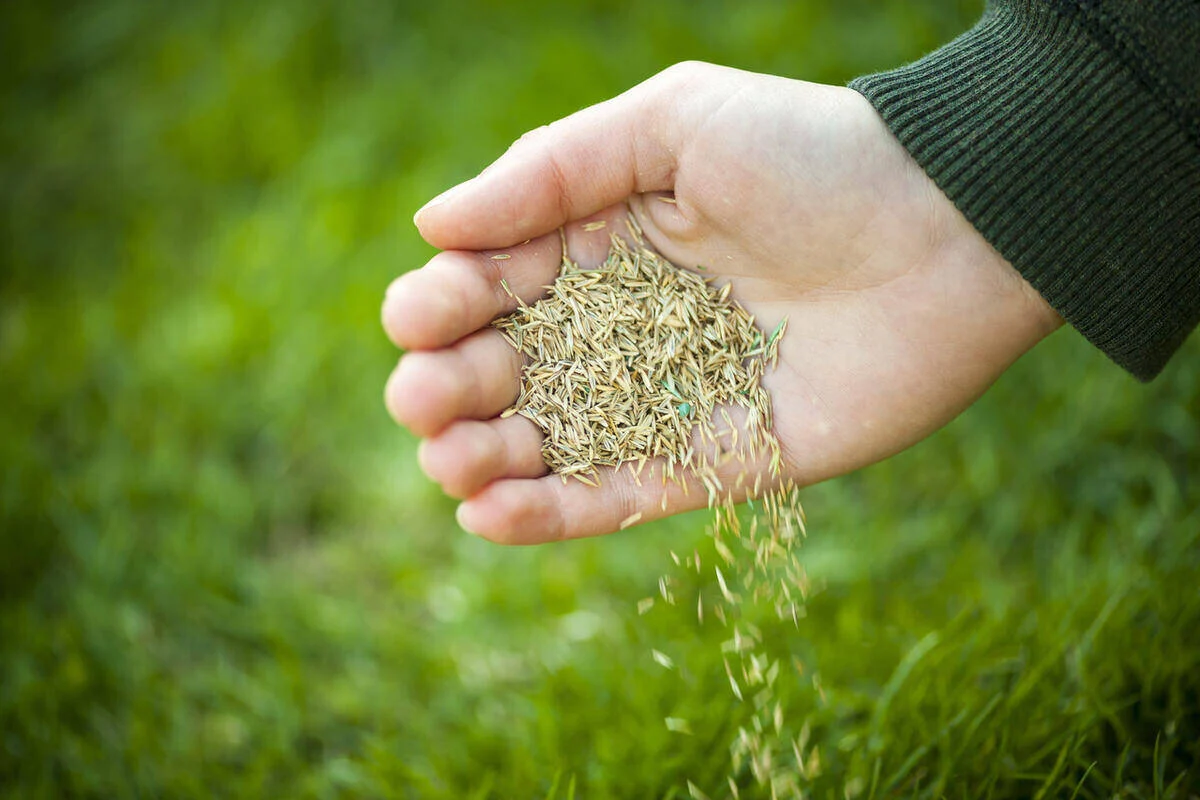
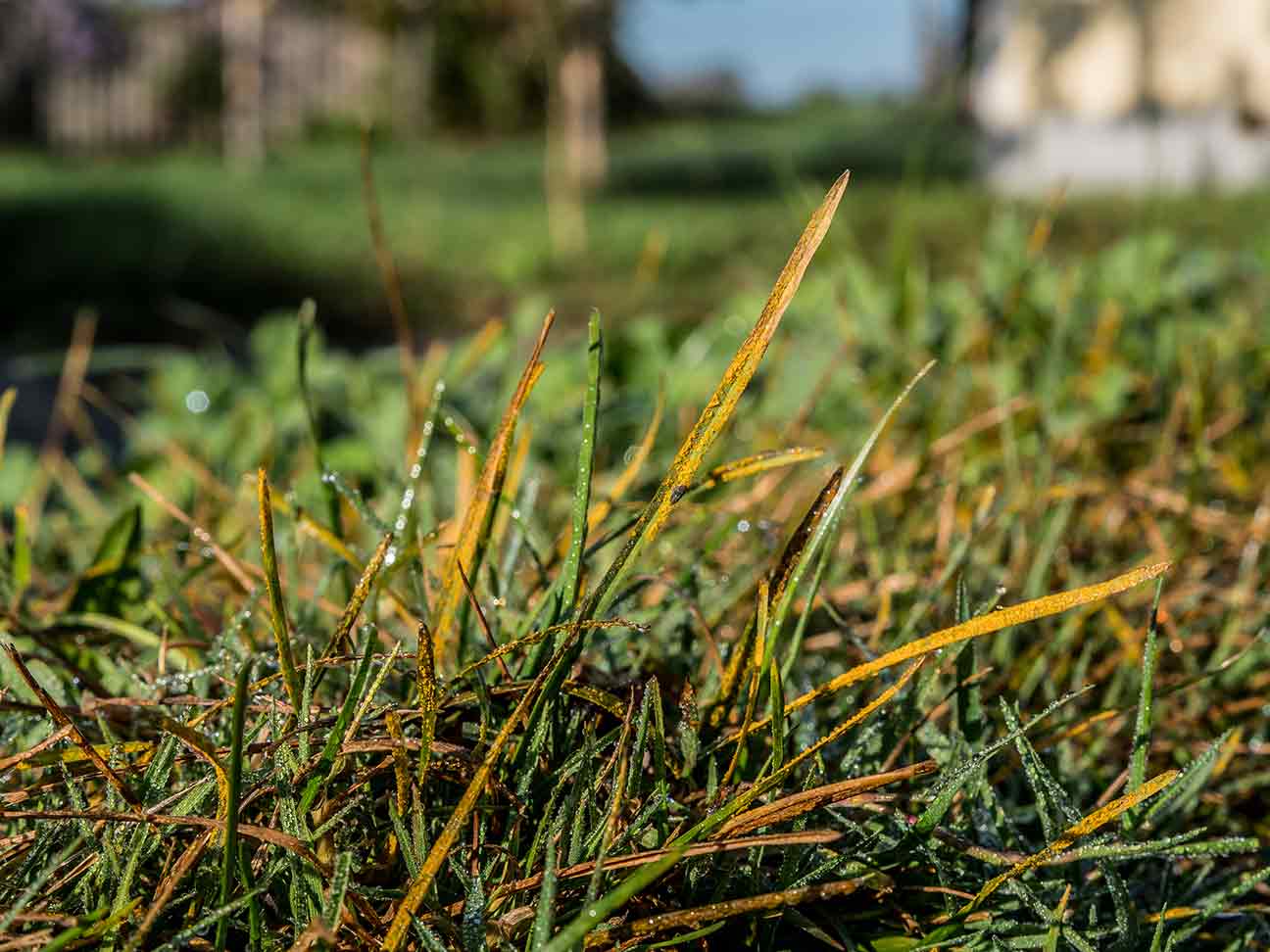
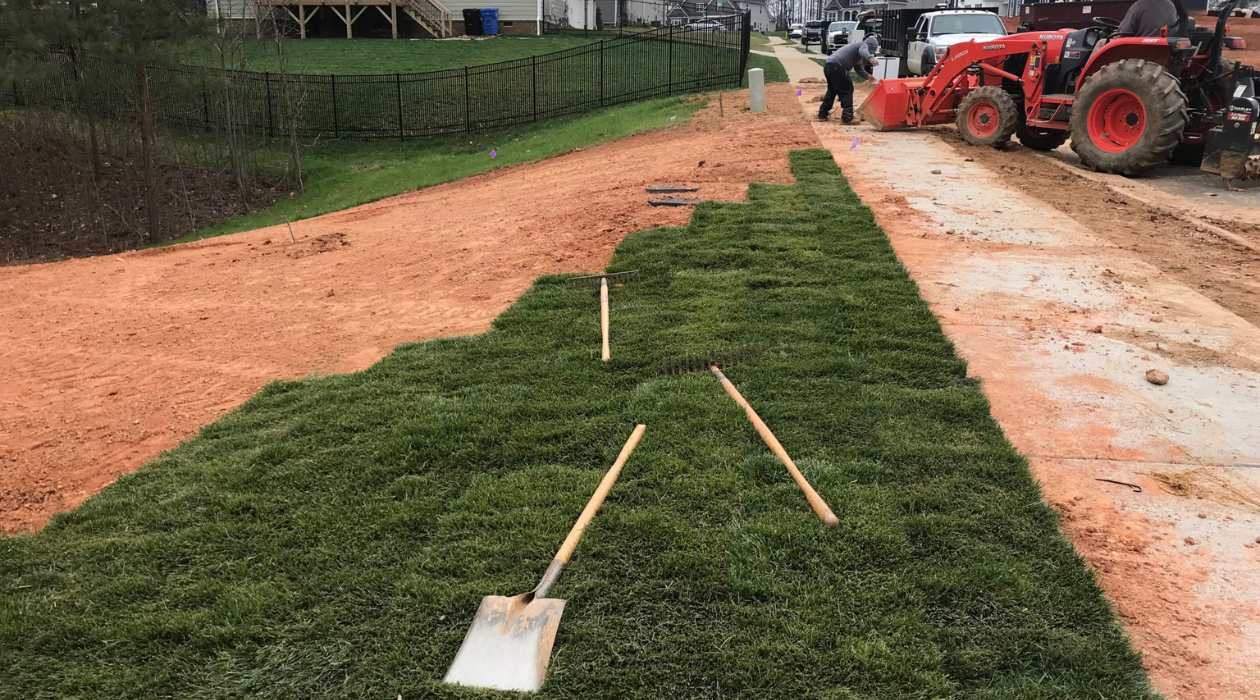
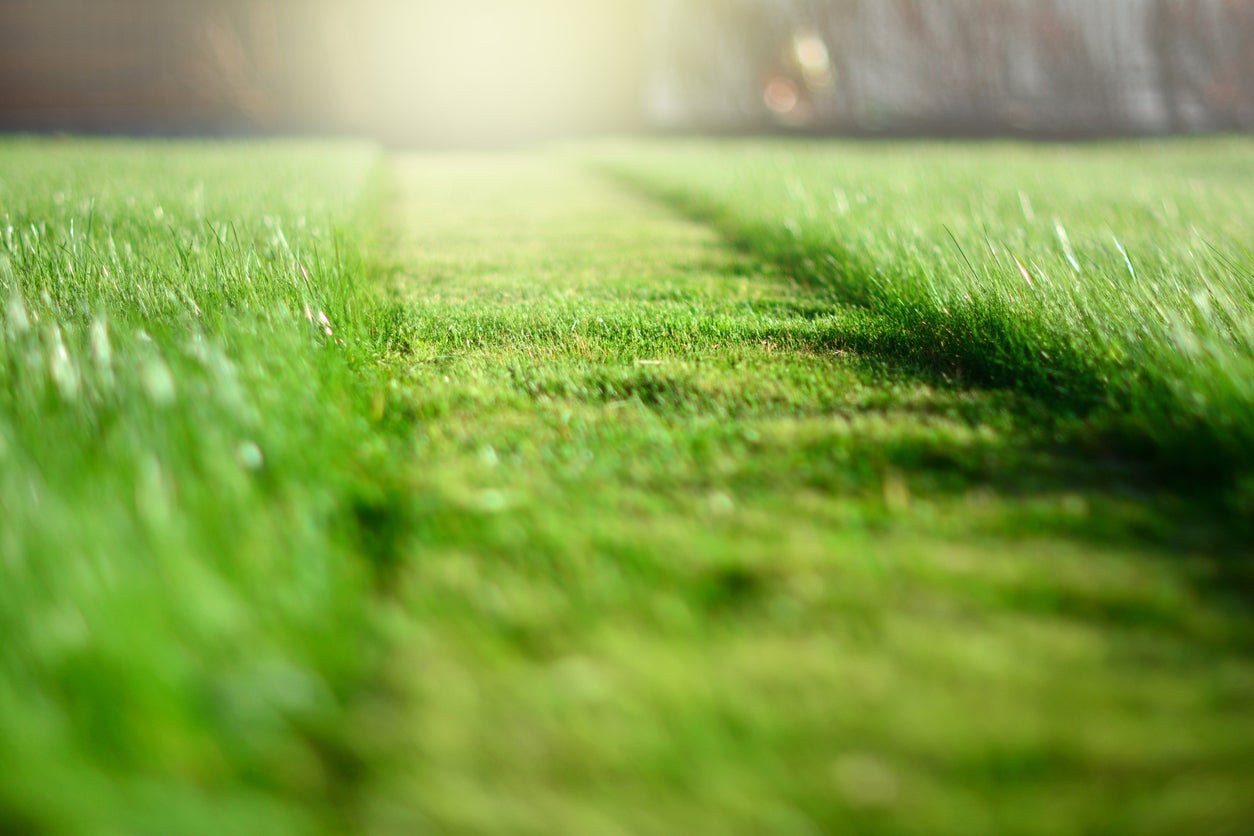
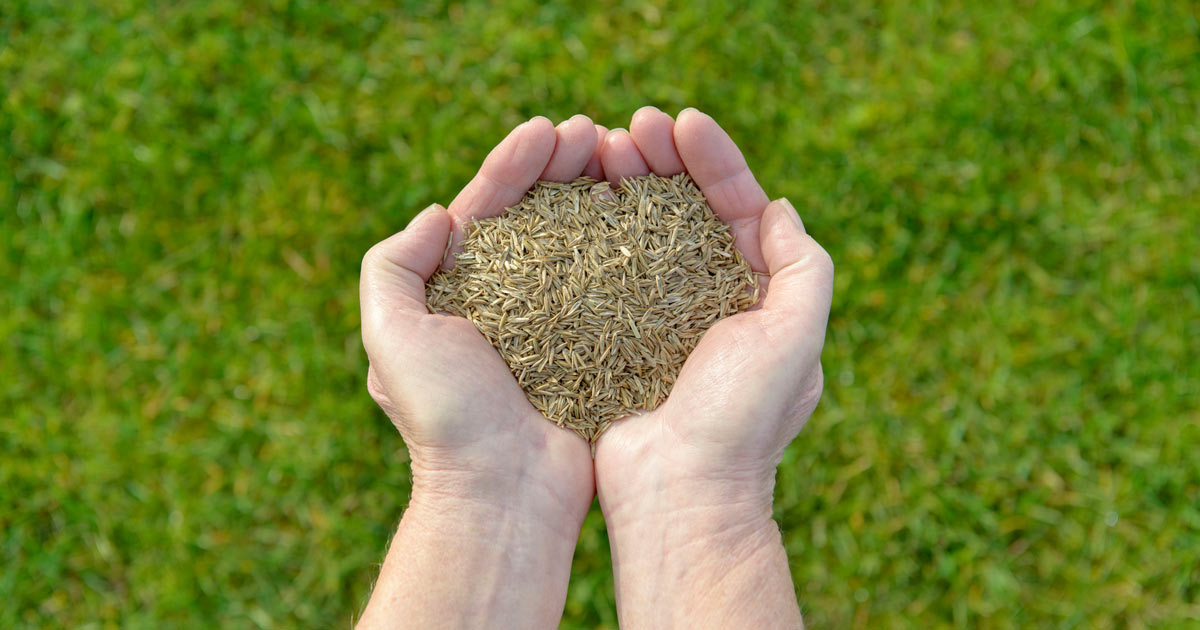

0 thoughts on “When Is The Best Time To Water Grass In Hot Weather”